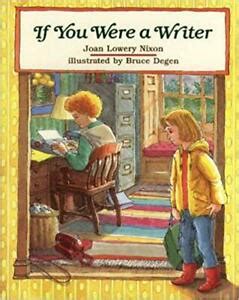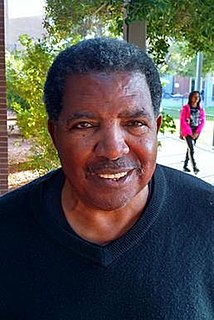A Quote by Joan Lowery Nixon
In a mystery, you must play fair by giving all the clues, but disguise them by immediately distracting the reader with something else.
Related Quotes
I write in expectation that readers want to participate in a kind of two-sided game: They are trying to guess what I am up to - what the story's up to - and I'm giving them clues and matter to keep them interested without giving everything away at the start. Even the rules, if any, of the game are for the reader to discover.
Is it fair for the bears to come down to where humans live, looking for food? Is it fair for the Duke's soldiers to shoot at them? Is it fair for the bears to crush them with giant snowballs? Often, if you point out something that isn't fair, someone will reply, "Life isn't fair." What is to be done with such people?
I think we all look for clues that we are not utterly alone... Clues we find in literature and paintings and music and even someone’s eyes; clues that demonstrate that someone else has felt the same indescribable feelings, seen the same things or passed by the spot even if it was by candlelight three hundred years ago. It means everything, like finding footprints in the sand of a deserted island.
It is excellent discipline for an author to feel that he must say all he has to say in the fewest possible words, or his reader is sure to skip them; and in the plainest possible words, or his reader will certainly misunderstand them. Generally, also, a downright fact may be told in a plain way; and we want downright facts at present more than anything else.
It is easier for the reader to judge, by a thousand times, than for the writer to invent. The writer must summon his Idea out of nowhere, and his characters out of nothing, and catch words as they fly, and nail them to the page. The reader has something to go by and somewhere to start from, given to him freely and with great generosity by the writer. And still the reader feels free to find fault.

































